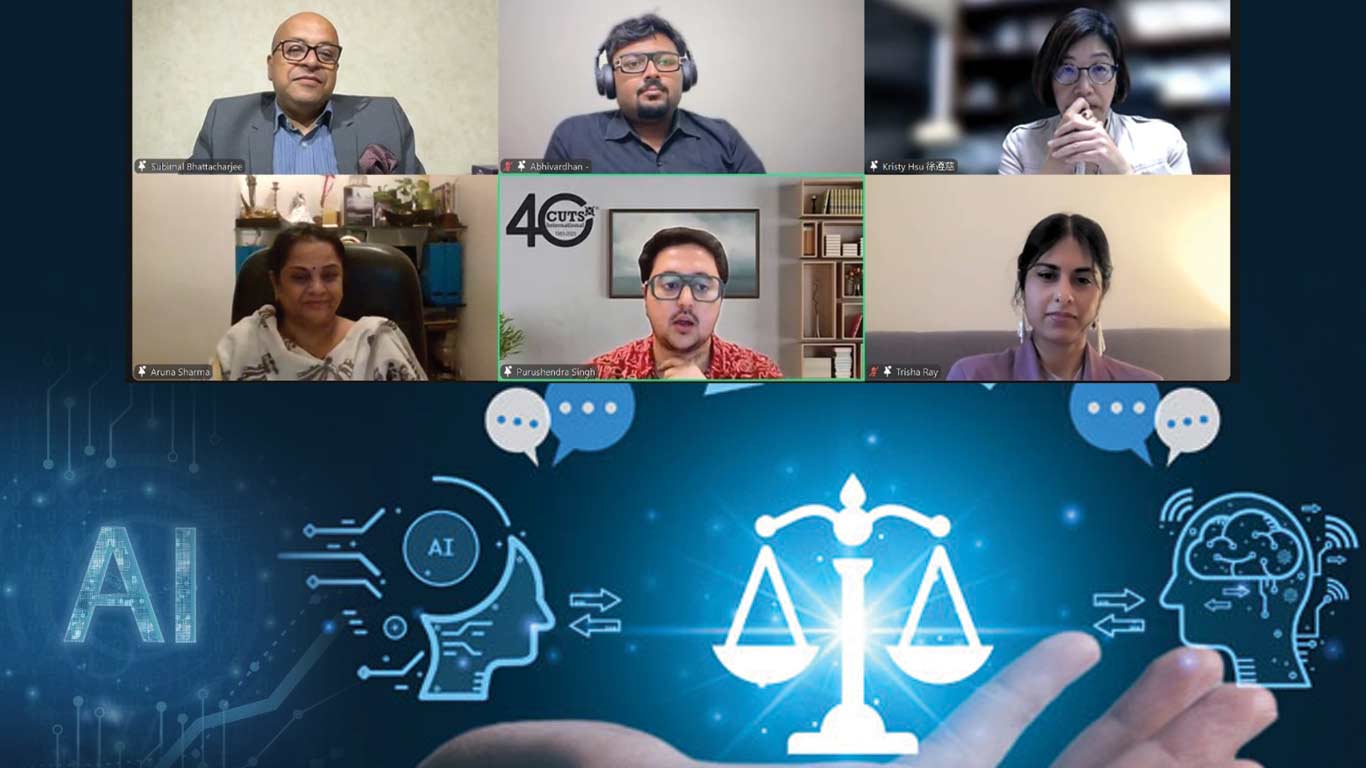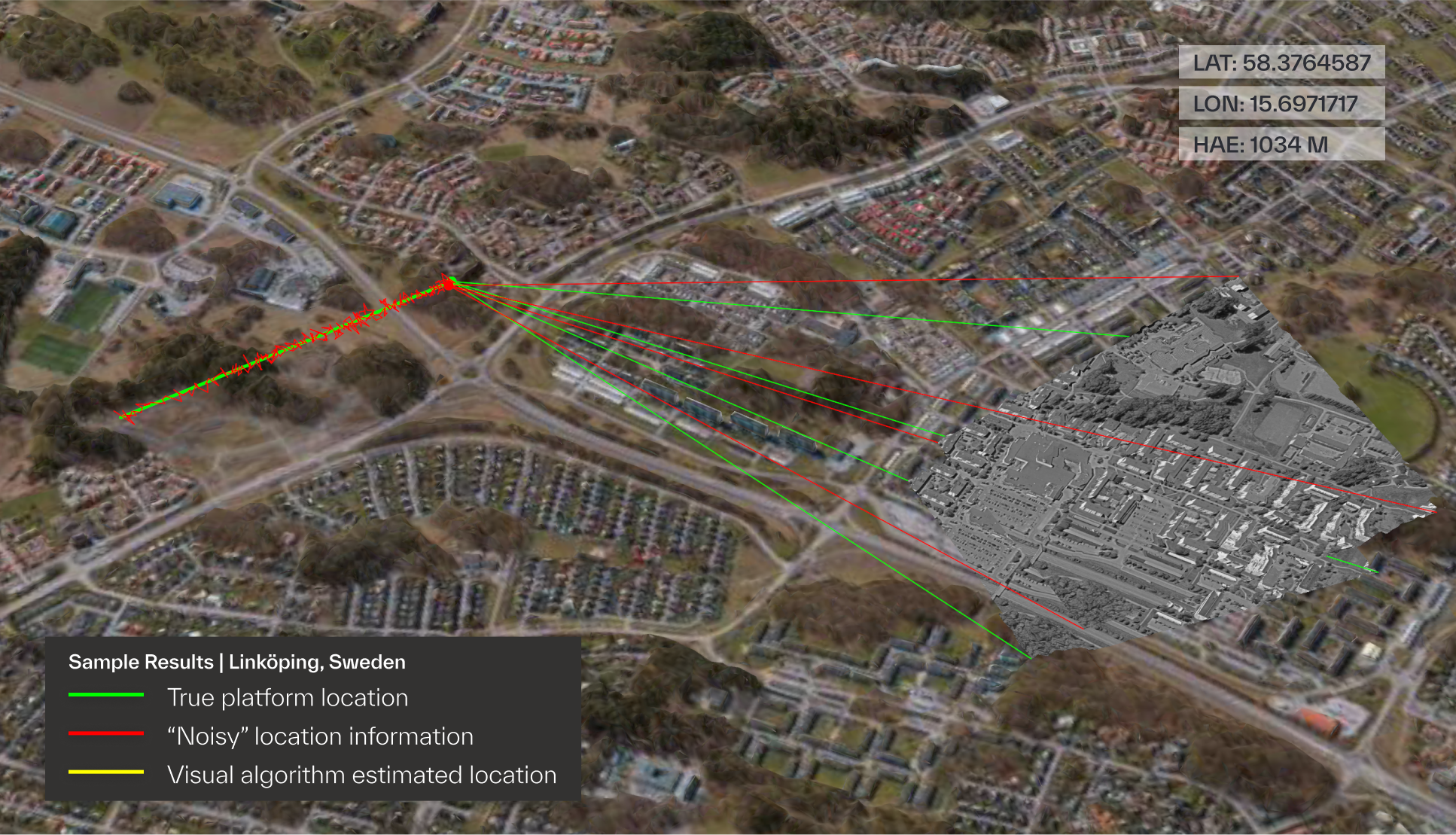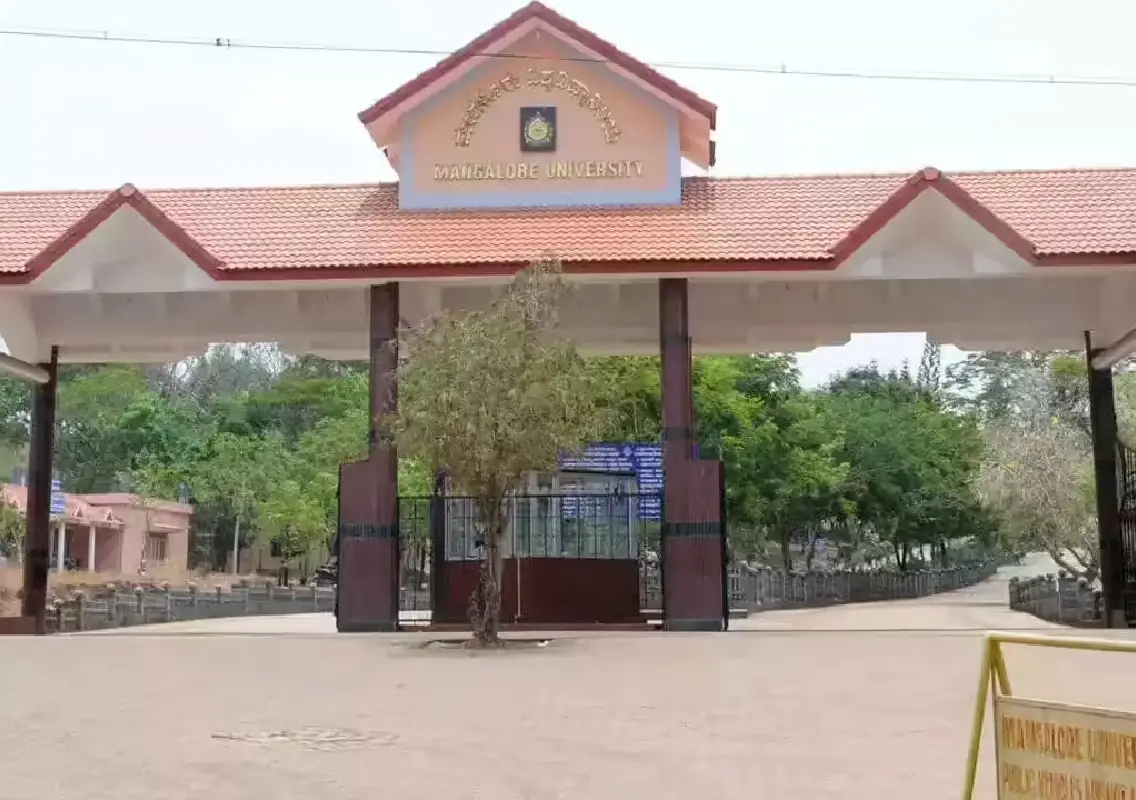
New Delhi, Sep 22 (KNN) Artificial Intelligence (AI) regulation cannot follow a one-size-fits-all approach and must account for cultural and national contexts, said Aruna Sharma, Distinguished Fellow at CUTS International and former Secretary, Ministry of Electronics & Information Technology, Government of India.
Speaking at a global webinar on AI governance, she highlighted India’s progress in managing large-scale data for AI model training and stressed the need for simple, accessible regulatory frameworks aligned globally.
“Legal systems must move towards uniformity while ensuring clarity in governance. The fairness of AI analytics can easily be questioned, which is why frameworks need fine-tuning,” Sharma noted.
The event, titled “Decoding the Global Power Play in AI Regulations”, was organised virtually on 18 September 2025 by the CUTS Institute for Regulation & Competition (CIRC) in collaboration with CUTS International. It featured speakers from the US, China, Taiwan, and India, with over fifty participants in attendance.
From a US perspective, Trisha Ray of the Atlantic Council emphasised that sovereign AI must go beyond infrastructure, embedding national values within AI frameworks.
Similarly, Kristy Hsu from Taiwan ASEAN Studies Centre highlighted Taiwan’s self-sufficiency in building AI infrastructure, from data centres to advanced chips.
Abhivardhan, Managing Partner at Indic Pacific, pointed out that global AI geopolitics now sees start-ups outperforming Big Tech in innovation. However, he cautioned that algorithmic and economic infrastructures are reaching saturation, posing fresh challenges.
On the security front, panel moderator Subimal Bhattacharjee warned that AI’s darker side, including deepfakes and cyber vulnerabilities, demands urgent attention.
Echoing these concerns, Jia Kai from Shanghai Jiao Tong University argued that traditional governance models are inadequate, requiring a balance between innovation and robust security.
Closing the session, Purushendra Singh of CUTS International stressed the need for “tailor-made governance—modern yet classical—to match AI’s ever-evolving surprises.”



